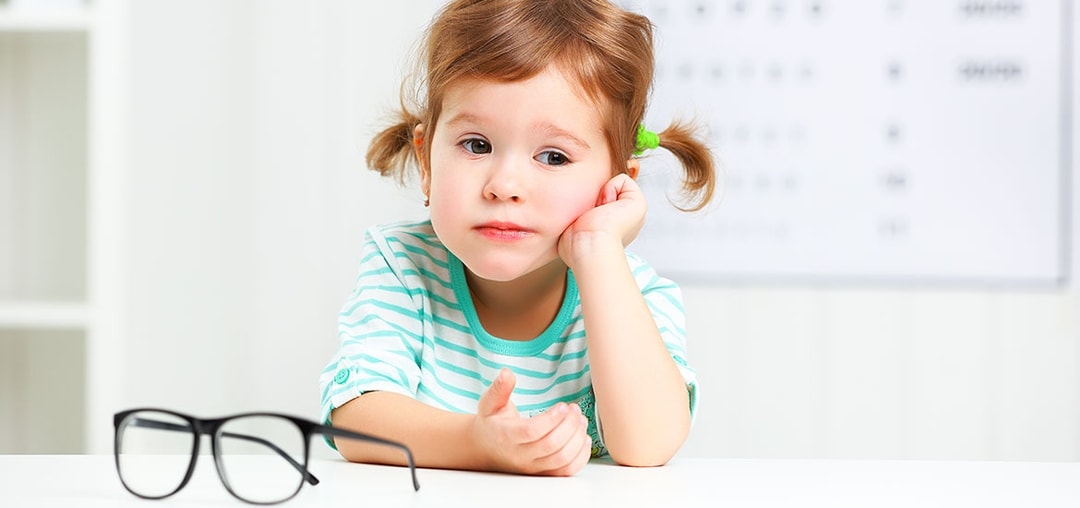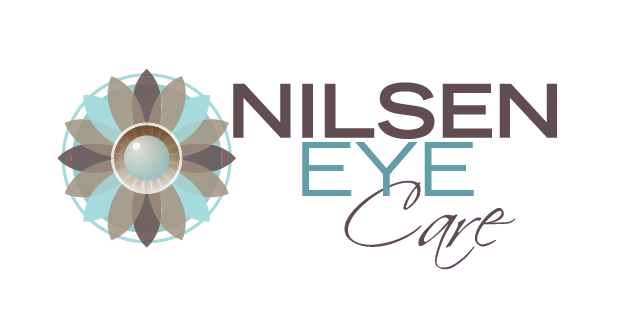
Contact lenses for children
When is the best time for your child to begin wearing contacts? This is a common question among parents that have children with vision problems. Children are physically able to begin wearing contacts at a young age. In certain cases babies are even fitted with contact lenses to correct certain eye disorders.
Contacts: A big responsibility
Is your child mature enough to start wearing contacts? Contact lenses require a create deal of care and are not necessarily easy to insert and remove. If you are unsure whether your children is ready to wear contacts, consider how they handle other aspects of their hygiene. Do you frequently have to remind them to brush their teeth? Does your child have poor grooming habits? Contacts have potential to cause severe eye diseases if they are not taken care of correctly, so you want to be sure your child can handle the responsibility of wearing contacts. If your child handles their hygiene well, then contacts may be a good option for them
Sports and contact lenses.
Many kids are active in sports, and eyeglasses may be an annoyance to wear on the field or court. Contact lenses have advantages over eyeglasses, because contacts are more comfortable and can provide a wider field of vision. Eyeglasses fog up and can easily get knocked off your child’s face, which can slow down their game. Contacts have potential to give your child an athletic advantage is you purchase contact lenses with different tints that would enable your child to see the ball more prominently.
Nearsightedness
Gas Permeable Lenses have proven to be effective for children who are nearsighted. These lenses provide sharper vision and are more durable than soft contact lenses.
Eye doctors are now using GP lenses as a way to reverse myopia temporarily through a process called orthokeratology. Children put the orthokeratology lens in their eye at night, and in the morning they are able to see things from a distance clearly without any kind of corrective lenses.
Eyeglasses are still needed
Even if your child begins to wear contacts, they will still need prescription eyeglasses. Contact lenses worn on a daily basis should be taken out an hour before your child falls asleep, to give their eyes a chance to breathe. Also, your child may not want to wear their contacts all the time, and if they begin to have eye discomfort they will have to take their contacts out of their eyes.
Don’t force your child to wear contacts
Just because you wear contacts and love them, does not necessarily mean they are the best choice for your child. You should motivate your child to wear them, but do not push the idea of wearing contacts on your child if they are uncomfortable with it. There are some children who love their glasses, and will have no desire to ever wear contacts. If your child is uninterested in wearing contacts now they may be interested in wearing them in a year or two. Leave the option open, and ultimately allow them to make the decision.
If you have any questions regarding contact lenses for your child, make sure to discuss the option with their eye doctor at their next routine eye exam.



